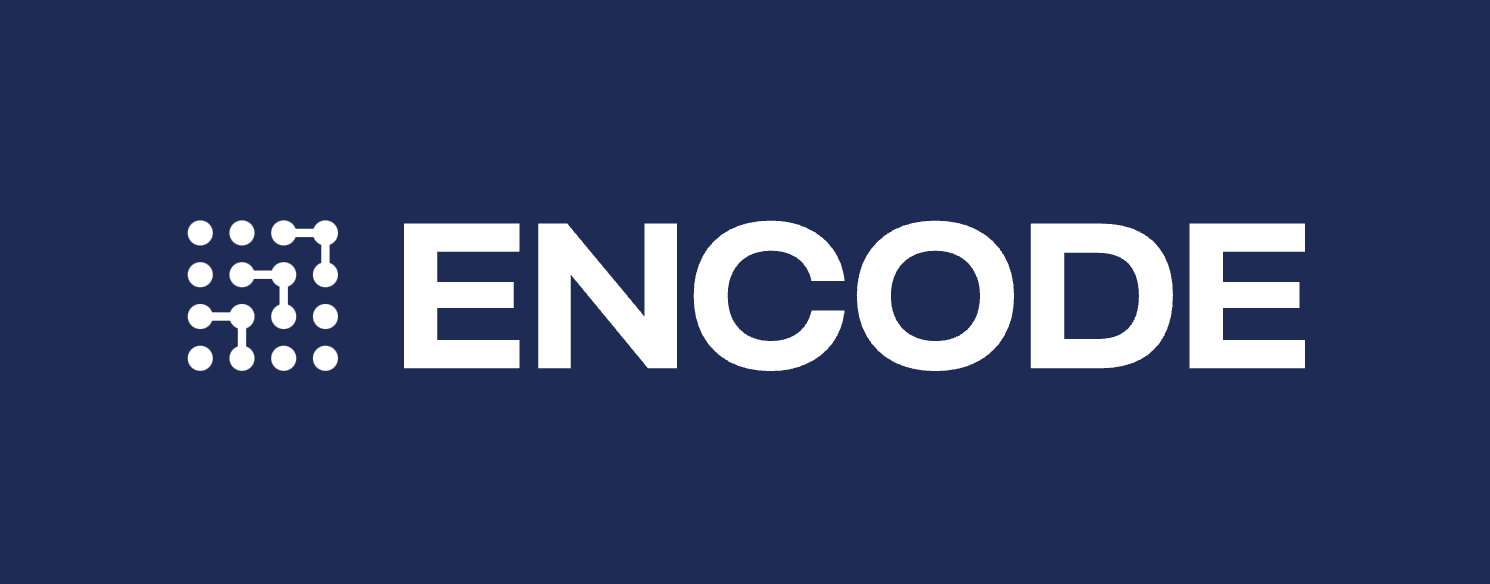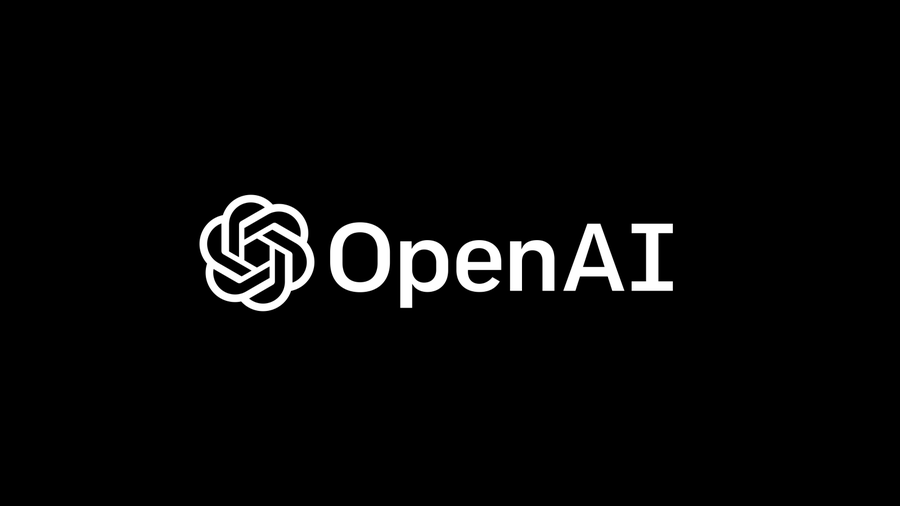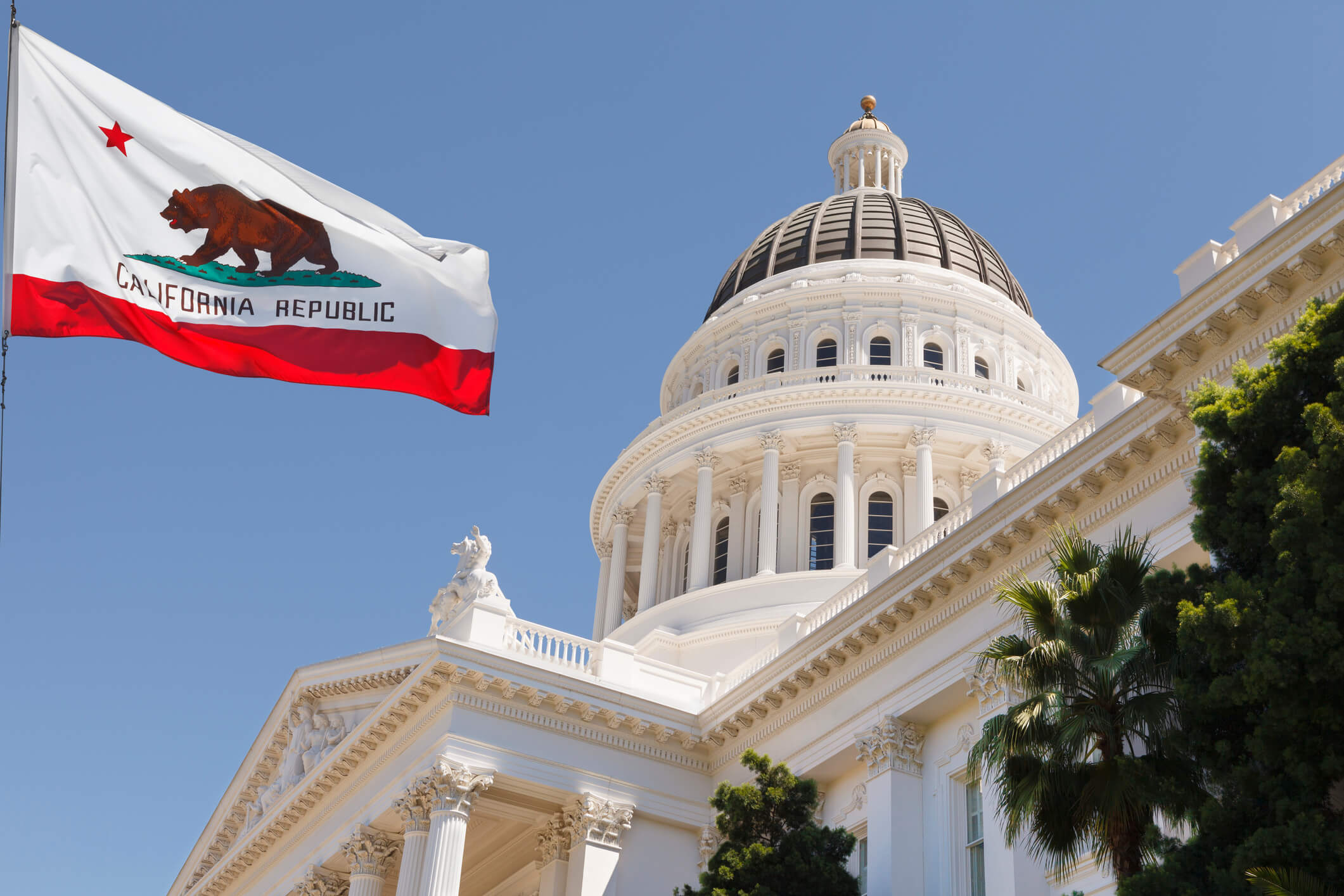FOR IMMEDIATE RELEASE: December 29, 2024
Contact: comms@encodeai.org
Encode Files Brief Supporting an Injunction to Block OpenAI’s For-Profit Conversion, Leading AI Researchers, including Nobel Laureate Geoffrey Hinton, Show Support
WASHINGTON, D.C. — Encode, a youth-led organization advocating for responsible artificial intelligence development, filed an amicus brief today in Musk v. Altman urging the U.S. District Court in Oakland to block OpenAI’s proposed restructuring into a for-profit entity. The organization argues that the restructuring would fundamentally undermine OpenAI’s commitment to prioritize public safety in developing advanced artificial intelligence systems.
The brief argues that the nonprofit-controlled structure that OpenAI currently operates under provides essential governance guardrails that would be forfeited if control were transferred to a for-profit entity. Instead of a commitment to exclusively prioritize humanity’s interests, OpenAI would be legally required to balance public benefit with investors’ interests.
“OpenAI was founded as an explicitly safety-focused non-profit and made a variety of safety related promises in its charter. It received numerous tax and other benefits from its non-profit status. Allowing it to tear all of that up when it becomes inconvenient sends a very bad message to other actors in the ecosystem,” said Emeritus Professor of Computer Science at University of Toronto Geoffrey Hinton, 2024 Nobel Laureate in Physics and 2018 Turing Award recipient.
“The public has a profound interest in ensuring that transformative artificial intelligence is controlled by an organization that is legally bound to prioritize safety over profits,” said Nathan Calvin, Encode’s Vice President of State Affairs and General Counsel. “OpenAI was founded as a non-profit in order to protect that commitment, and the public interest requires they keep their word.”
The brief details several safety mechanisms that would be significantly undermined by OpenAI’s proposed transfer of control to a for-profit entity. These include OpenAI’s current commitment to “stop competing [with] and start assisting” competitors if that is the best way to ensure advanced AI systems are safe and beneficial as well as the nonprofit board’s ability to take emergency actions in the public interest.
“Today, a handful of companies are racing to develop and deploy transformative AI, internalizing the profits but externalizing the consequences to all of humanity,” said Sneha Revanur, President and Founder of Encode. “The courts must intervene to ensure AI development serves the public interest.”
“The non-profit board is not just giving up an ownership interest in OpenAI; it is giving up the ability to prevent OpenAI from exposing humanity to existential risk,” said Stuart Russell, Distinguished Professor of Computer Science at UC Berkeley & Director of the Center for Human-Compatible AI. “In other words, it is giving up its own reason for existing in the first place. The idea that human existence should be decided only by investors’ profit-and-loss calculations is abhorrent.”
Encode argues that these protections are particularly necessary in light of OpenAI’s own stated mission, creating artificial general intelligence (AGI) — which the company itself has argued will fundamentally transform society, possibly within just a few years. Given the scope of impact AGI could have on society, Encode contends that it is impossible to set a price that would adequately compensate the nonprofit for its loss of control over how this transformation unfolds.
OpenAI’s proposed restructuring comes at a critical moment for AI governance. As policymakers and the public at large grapple with how to ensure AI systems remain aligned with the public interest, the brief argues that safeguarding nonprofit stewardship over this technology is too important to sacrifice — and merits immediate relief.
A hearing on the preliminary injunction is scheduled for January 14, 2025 before U.S. District Judge Yvonne Gonzalez Rogers.
Expert Availability: Rose Chan Loui, Founding Executive Director of UCLA Law’s Lowell Milken Center on Philanthropy and Nonprofits, has agreed to be contacted to provide expert commentary on the legal and governance implications of the brief and OpenAI’s proposed conversion from nonprofit to for-profit status. chanloui@law.ucla.edu
About Encode: Encode is America’s leading youth voice advocating for bipartisan policies to support human-centered AI development and U.S. technological leadership. Encode has secured landmark victories in Congress, from establishing the first-ever AI safeguards in nuclear weapons systems to spearheading federal legislation against AI-enabled sexual exploitation. The organization was also a co-sponsor of California’s groundbreaking AI safety legislation, Senator Wiener’s SB 1047, which required the largest AI companies to take additional steps to protect against catastrophic risks from advanced AI systems. Working with lawmakers, industry leaders, and national security experts, Encode champions policies that maintain American dominance in artificial intelligence while safeguarding national security and individual liberties.



